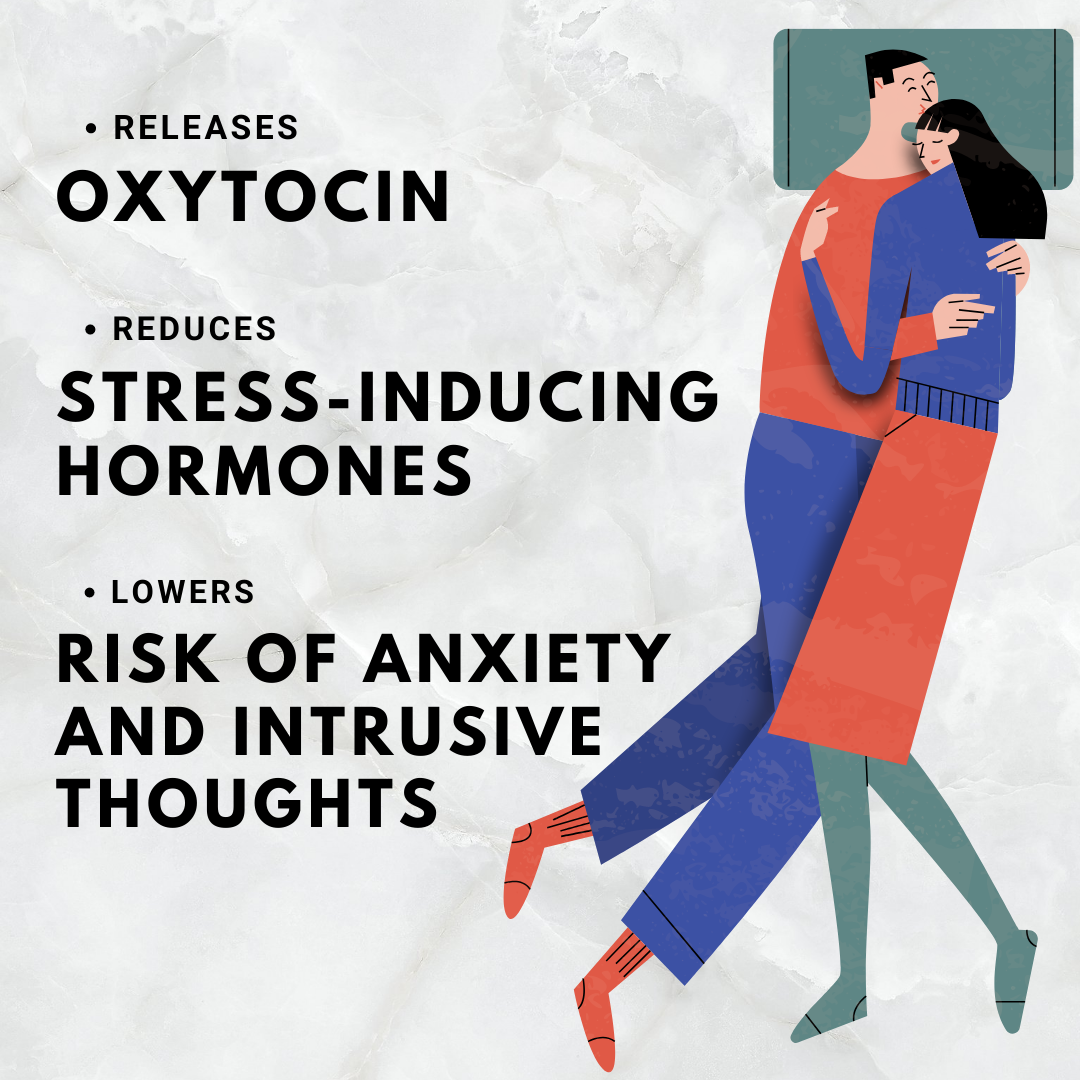Let’s talk about sex, baby
By Sam Bronheim

Disclaimer: sex is not something everyone is or must be doing when they arrive at university. Quite the contrary, it can take months before students feel truly settled in this scary new environment. Even then, it may be the last thing on your mind. Whether you are sexually active or are considering it, there’s a lot to think about around this intimate act.
Is sex good for you? How do you stay safe? What if I don’t enjoy myself? These questions run through everyone’s mind, no matter how experienced you think you are. So let’s get back to basics. Spoiler alert: I will be telling you to use condoms.
Consent
I couldn’t write a piece about student sex culture without highlighting the importance of consent. If you’re looking to enjoy sex then it should be no surprise that you need to ask for and give consent. In fact, I could write a whole article just on this topic, so instead have a look at this useful guide from the NHS branch, let’s talk about it. In a nutshell, if it’s not a clear yes: it’s a NO.
Sex: it’s good for you!
The most obvious way sexual activity can have a positive impact on your health is because it can be quite a workout, depending on what action (and possibly what position) you’re engaging in. Getting your heart rate up and working your muscles – that’s cardio! (Note: The Mancunion does not condone sex as a long-term source of fitness).
You may not strengthen your heart muscles as much as regular cardiovascular exercise like running, but just getting your blood moving around your body can help in many ways. For example, it can increase blood vessel elasticity which consequently improves blood flow.
Sex can also improve mental wellbeing because it can trigger the release of hormones like dopamine that make you feel relaxed and happy. The physical sensations result in the firing of many neurons that additionally create feelings of pleasure (yes, even without an orgasm) that furthers hormone release.
Sex aftercare is more than just a box of tissues
The release of many accelerating hormones can come at a cost if your sexual activity ends abruptly. Cuddling and post-intimacy affection sadly has many connotations that mean often people do not like to engage in this essential part of sex. Particularly when it comes to things such as one-night stands.

But actions such as cuddling or pillow talk trigger the body to switch from releasing stimulatory hormones like dopamine, to relaxing ones such as oxytocin. Oxytocin is often referred to as the ‘stress-relief’ hormone because it lowers blood pressure and levels of stress inducing hormones. Our bodies don’t realise during sexual activities because we’re (hopefully) receiving pleasure, but the hormones are stress-inducing.
Cooling down your mind and body after sex are key to looking back on the experience in a positive way. If you have an abrupt come down from a sex-high, you’re more susceptible to intrusive thoughts and anxiety.
Post-intimacy cuddles are an easy and effective way of calming down. Whether it’s a one-night stand or a new potential partner, cuddling does not have to mean anything more than a means for all parties to feel calm and comfortable after an intimate experience.
Safety first
Ultimately if you’re planning on having sex, have fun and be safe in the physical and emotional sense. Again, I could fill a whole article on information on STDs and how to protect against them (stay tuned readers…) but it’s still worth mentioning that the most effective way is to communicate and use condoms (I did warn you!). Stay safe emotionally, by clarifying consent and engaging in sex aftercare. And of course, don’t have sex if you don’t want to. But maybe take up a sport, we all need to stay active somehow.







